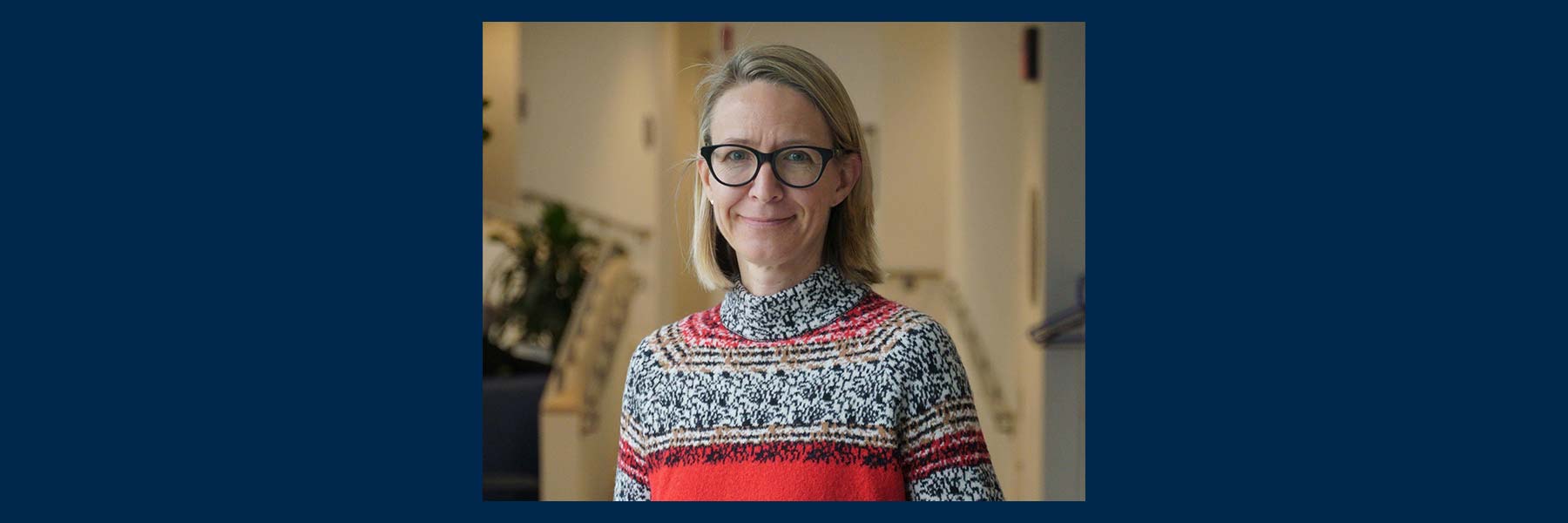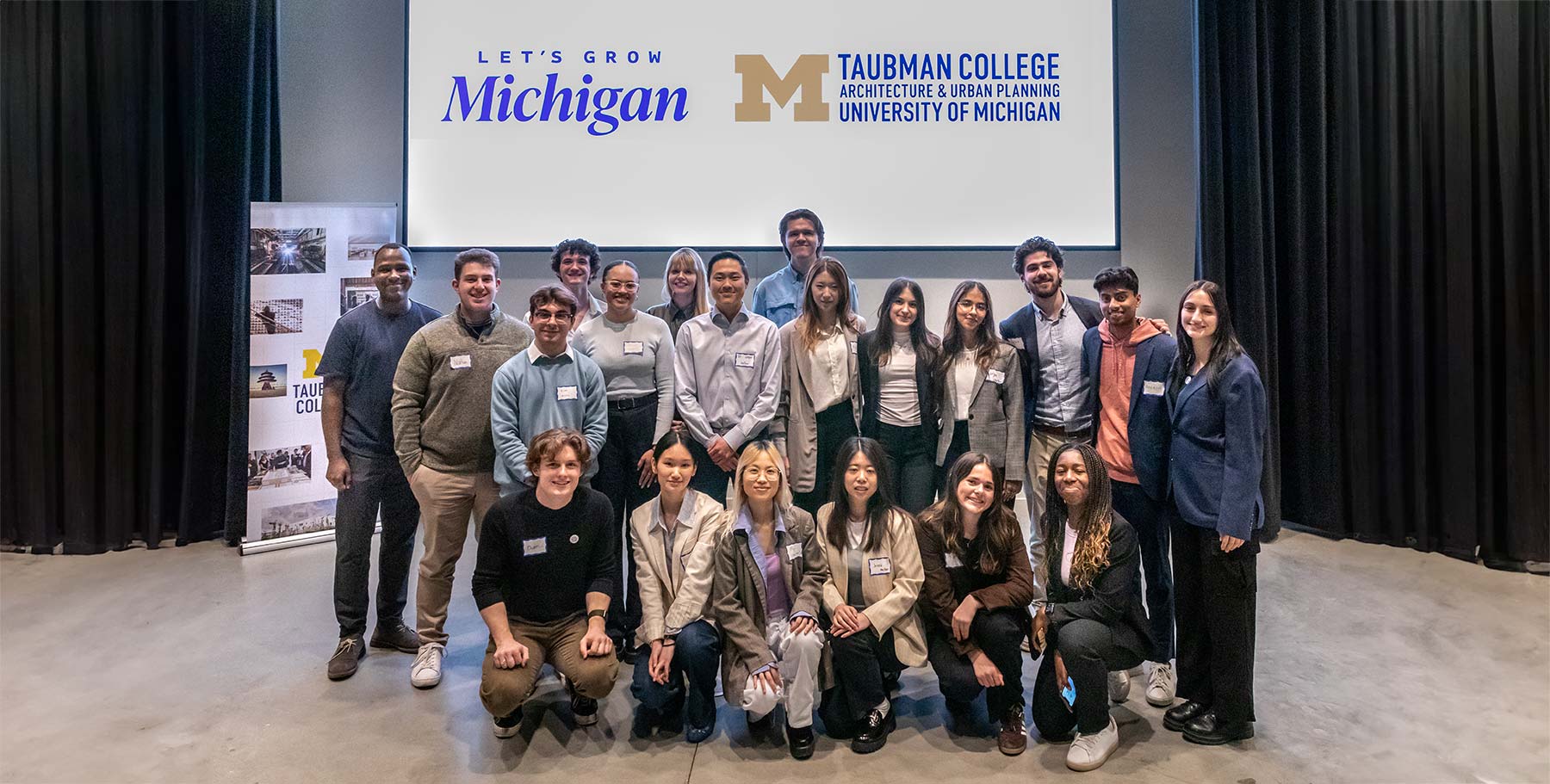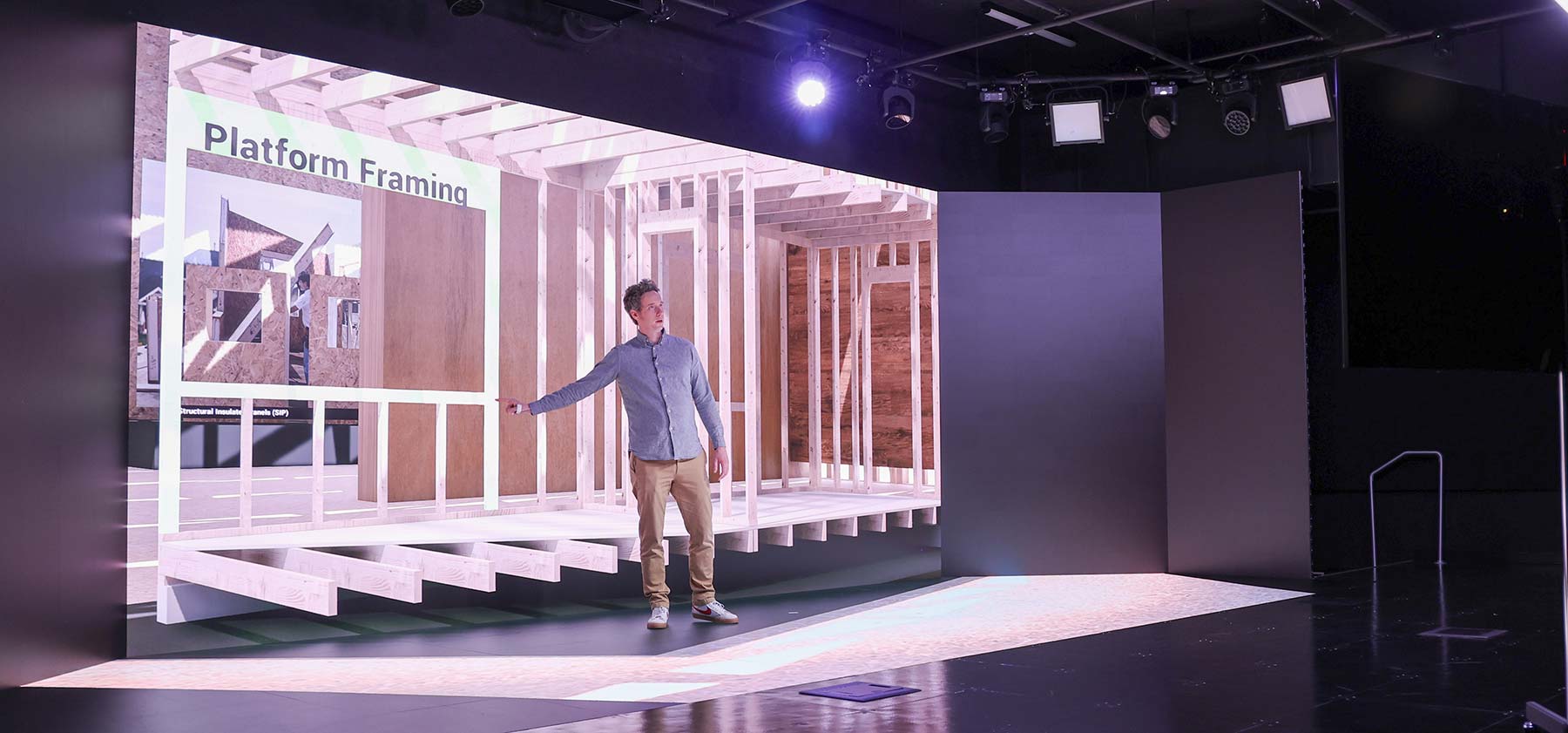Thün, Velikov, and University of Michigan’s Urban Collaboratory are Researching Conditions and Solutions for Benton Harbor and Other Michigan Cities
The University of Michigan Urban Collaboratory draws together faculty experts across disciplines, employing technologies and urban design to collaborate directly with city stakeholders in Michigan communities. This 2017 research initiative comprises of nine schools and colleges within the university and partners with six municipalities across Michigan; the involved researchers target challenges that impact the livability of communities, specifically challenges pertaining to mobility and water.
Geoffrey Thün, associate dean for research and creative practice and associate professor of architecture, is a co-director of this project alongside colleagues Jerome Lynch, Nancy Love, and Glen Daigger, who represent Industrial Operations Engineering, Civil and Environmental Engineering, and Epidemiology and Public Health. This multidisciplinary project is actively researching in several Michigan communities, including Detroit and Grand Rapids.
The U-M Urban Collaboratory is also researching extensively in Benton Harbor, a community facing infrastructural problems with both water and mobility. The article Smart Solutions for Cities outlines some of the other ongoing research in Benton Harbor. For example, the unemployment in the city is linked to the unavailability of public transportation and 51% zero vehicle ownership; although employment opportunities and training exist in neighboring cities, finding and retaining a job is extremely challenging. Thün and design partner Associate Professor Kathy Velikov are Principal Investigators on a project called “Prototype Design for New Mobility Hubs Benton Harbor.” This project will examine potential locations and design for new formats of infrastructure that increase levels of access to food, health and learning while providing a physical interface with proposed new-mobility solutions. Two related research projects include; one by Pascal Van Hentenryck, exploring affordable alternative mobility services, and another led by Jerome Lynch, aims to develop wireless sensor networks to monitor qualities, conditions, and locations.
Thün comments on the collaborative nature of the initiative and the value of multiple disciplines investigating these extensive and pervasive conditions. He says, “Mobility is a wicked problem, but it’s challenging for singular disciplines alone to make a meaningful contribution that spans research and implementation… Through the efforts of the Urban Collaboratory, researchers in fields ranging from social sciences to engineering, urban planning and design are working with city stakeholders to prioritize access to fundamental human needs. That’s what is most important here.”





